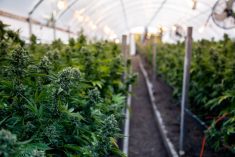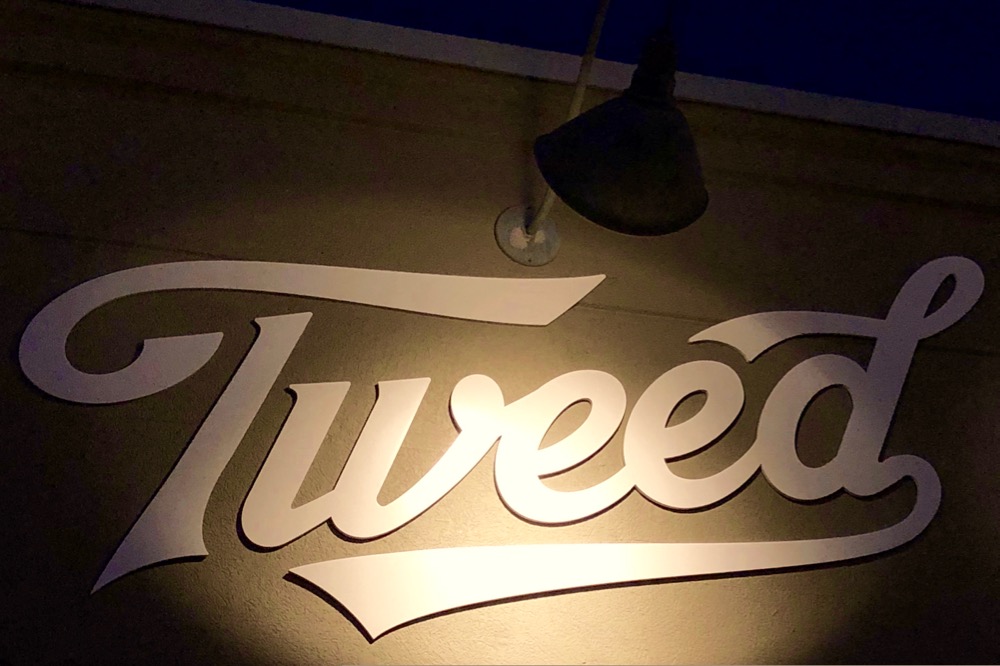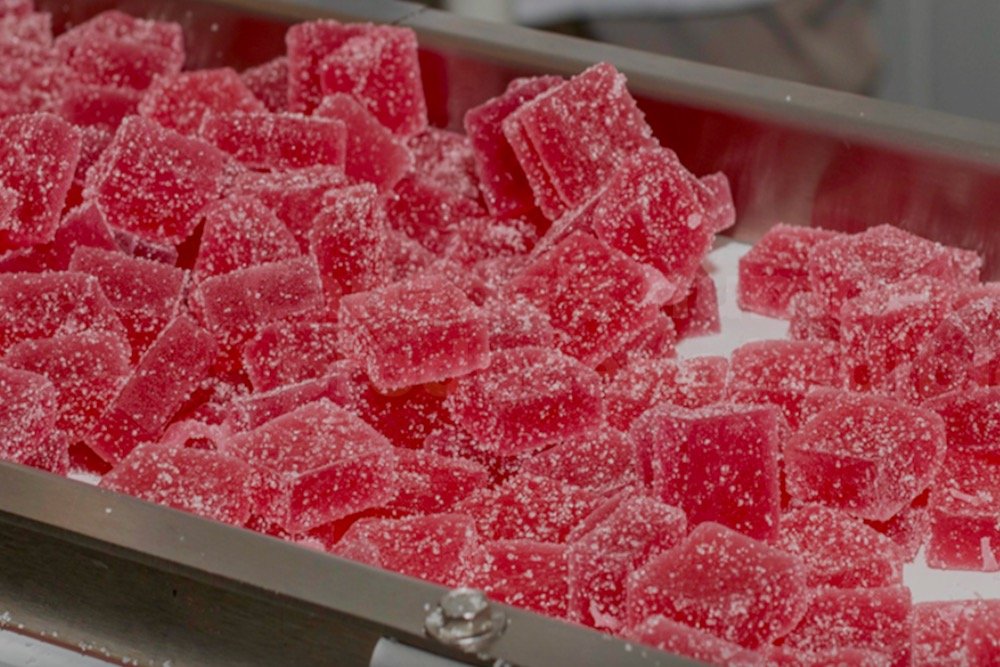Ottawa | Reuters –– Canada will push the United States to change a border policy that has banned Canadians who admit to having used marijuana from travel to the U.S., given Canada’s plans to legalize pot, a government spokesman said Friday.
The case of a Canadian man barred from U.S. travel because he admitted to having smoked pot recreationally has sparked a debate about U.S. border agents using a federal law against marijuana use, even though pot use is legal in several states and soon to be legal in Canada.
Read Also

U.S. grains: Wheat futures rise on supply snags in top-exporter Russia
U.S. wheat futures closed higher on Thursday on concerns over the limited availability of supplies for export in Russia, analysts said.
“We obviously need to intensify our discussions with our border authorities in the United States, including the Department of Homeland Security,” Public Safety Minister Ralph Goodale said in an interview with CBC late Thursday.
“This does seem to be a ludicrous situation,” he said, noting that marijuana is legal in Washington state as well as “three or four other jurisdictions in the United States.”
A spokesman said on Friday that while the Canadian government has been speaking with the U.S. government to ensure officials are aware of Canada’s plans to legalize marijuana, the controversy over Canadians being stopped at the border and banned from future travel has not been addressed.
“In terms of the practices of border guards in question, those only came to widespread attention recently and will be discussed in future bilateral discussions,” Scott Bardsley, spokesman for Goodale, said in an email.
Officials at the U.S. embassy in Ottawa, at the U.S. State Department and at U.S. Customs and Border Protection did not immediately respond to a request for comment.
According to local media reports, British Columbia resident Matthew Harvey was stopped at a U.S. border crossing in Washington state in 2014 and asked about recreational marijuana use. When Harvey, who had a permit to use medical marijuana, said he had smoked pot recreationally, he was denied entry and banned from future entry. While he can apply for a travel waiver to be admitted temporarily, it is costly and discretionary.
Liberal Prime Minister Justin Trudeau campaigned on a promise to legalize recreational marijuana and the government has said it would introduce legislation by the spring of 2017.
Twenty-five U.S. states have sanctioned some forms of marijuana use for medical purposes, while four allow recreational use. Nine other states have recreational or medical marijuana proposals headed for their ballots in the November election.
— Andrea Hopkins is the Ottawa bureau chief for Reuters.
















